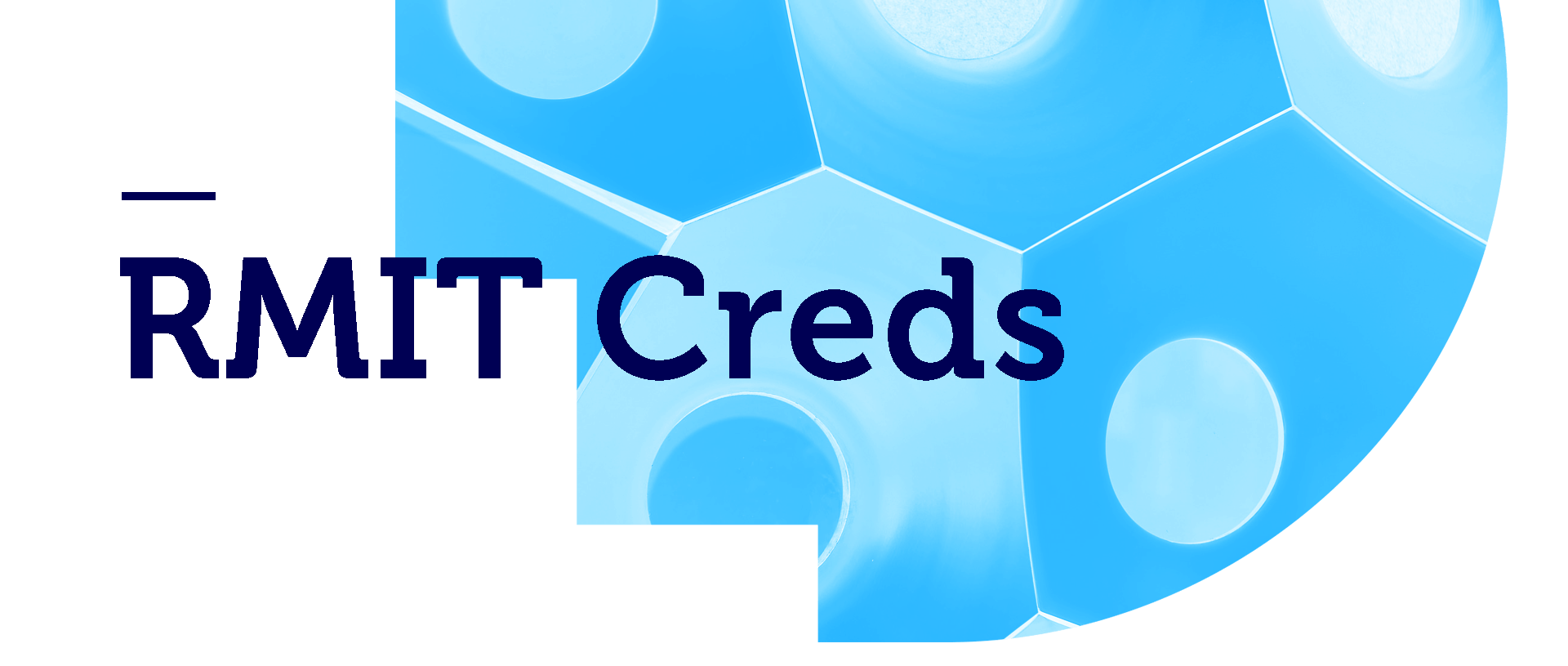DETAILED INFO ON YOUR INDUSTRY
YOUR CAREER
YOUR OPTIONS
What to do with your degree?
The discipline you study doesn’t always determine what you will do after you graduate. Your qualifications are just one of the many important assets you bring to your future career. However, taking a look at some potential career paths for your program of study can be helpful for giving you ideas that you may not have considered otherwise.
CAREERS IN FLIGHT, AVIATION & AEROSPACE ENGINEERING
Flight & Aviation Careers
- Commercial Pilot
- Chief Pilot
- Aviation Safety Manager
- Airline Management
- Fleet Manager
- Flight Instructor
- Charter Pilot
- Airport Operations
- Flight Operations Inspector
- Airline Operations
- Airport Management
- Aviation Regulation and Safety
- First officer
- Aircraft Safety Equipment Maintainer
- Quality Assurance Manager
- Flight Operations Technical & Analyst Officer
Aerospace Engineering Careers
- Mechanical Drafter
- Aircraft Maintenance Engineer
- Aircraft Safety Equipment Maintainer
- Aircraft Technician
- Aeronautical Engineer
- Aerospace Engineer
- Mechanical Engineer
- Technical Lead Design Engineering
- Air Traffic Controller
- Air Surveillance Operator
- Mechanical Design Engineer
- Flight Test Manager
- Instructional Systems Designer
- Avionics Technician
- Structural Drafter
- Mechatronic Engineer
- Aerospace Technician
tipS ON RESEARCHing YOUR CAREER OPTIONS
- Talk to teachers, students or graduates who know about the areas you are interested in.
- Look at current job openings on online job sites. You can access many of these sites on the Job Opportunities page of this website.
- Talk to people in the industry or in similar roles to what you are interested in (this is sometimes called ‘Information Interviewing’) Not only will this help you to find out about the industry or jobs but will also help you expand your networks. Make sure you prepare your questions beforehand. Questions might include:
- What do you do on a day to day basis?
- What skills are most critical to this role?
- What are the various jobs available in this field?
- What are some important things that someone entering this field should know?
- The LinkedIn Alumni Tool is a great way to find out where graduates, who have studied the same thing as you, are working. You will need a LinkedIn profile to access this tool. You can use this tip sheet to help you.

RMIT Creds
21st Century skills- a suite of digital credentials designed to help you develop your professional skills and to prepare you for future work and life. Each credential earns you an industry endorsed badge which you can use in your LinkedIn profile or other CV formats. Higher-level credentials will be recognised on your RMIT transcript.
Jobs and Career Advise
Check out these resources to help you build your employability and start creating your future career.
Contact Careers and Employability
Would you like to make an appointment with a career counsellor or get your resume checked?
